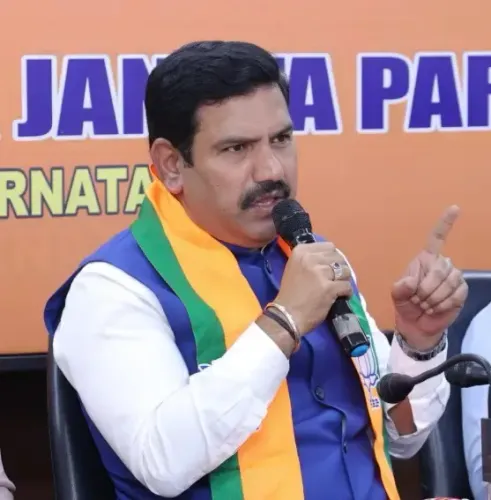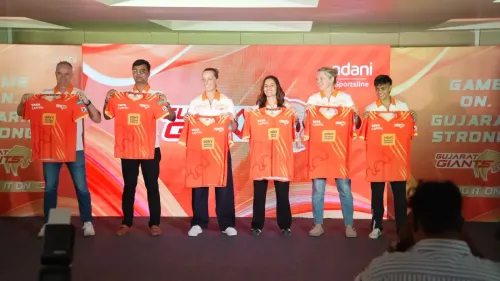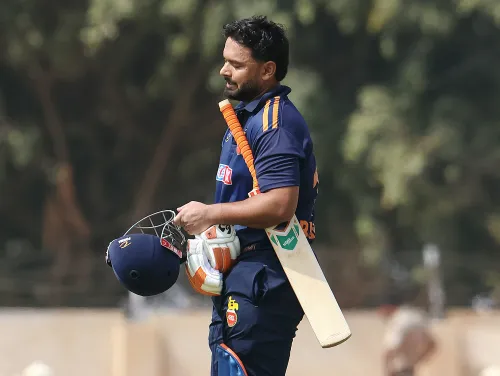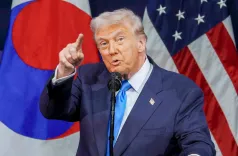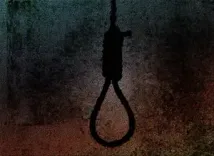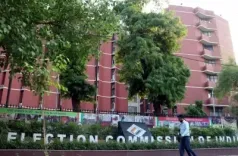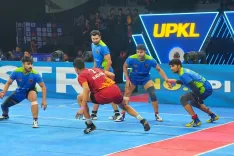Are Nepal’s Gen-Z Leaders Divided Over the Next Prime Minister?
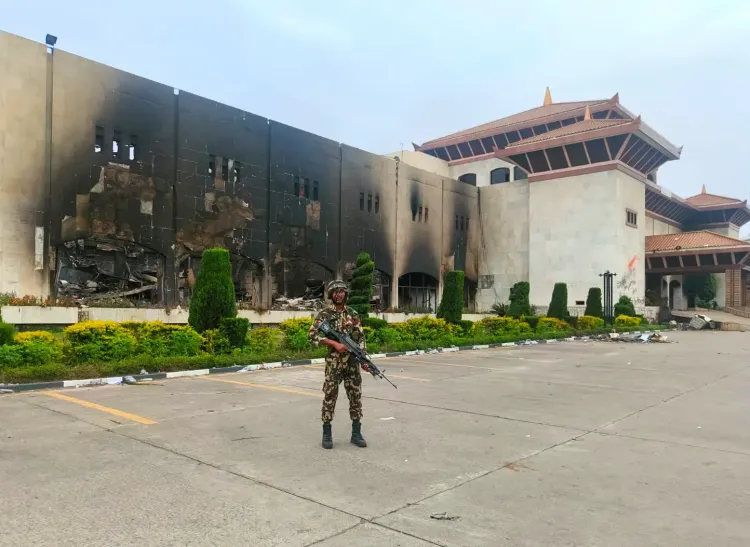
Synopsis
Key Takeaways
- Internal divisions among Gen-Z leaders complicate the selection of the next Prime Minister.
- The Nepal Army is actively involved in maintaining law and order amid political unrest.
- Potential candidates include notable figures like Sushila Karki and Kul Man Ghising.
- Many individuals are claiming to represent Gen-Z, adding to the confusion.
- Any decision must adhere to the 2015 constitutional framework.
Kathmandu, Sep 10 (NationPress) The Gen-Z leaders of Nepal are currently at an impasse regarding the next government's leadership as of Wednesday evening, just before a crucial meeting with the senior leadership of the Nepal Army. This military body has assumed the role of ensuring law and order in the nation following the chaos that erupted in Kathmandu on Tuesday.
The Nepali Army extended an invitation for dialogue to the leaders of the protests after Prime Minister K P Sharma Oli resigned amidst significant Gen-Z demonstrations against his administration.
Several Gen-Z activists are in discussions to finalize an apolitical candidate to head the forthcoming interim government. However, consensus on a suitable name has yet to be achieved, as reported by two leaders from the Gen-Z faction.
"Multiple Gen-Z leaders have suggested former Chief Justice Sushila Karki as a candidate to lead the next government," stated Rabi Kiran Hamal, a Gen-Z leader involved in these discussions who shared insights with IANS. Names of former Managing Director of the Nepal Electricity Authority, Kul Man Ghising, and Dharan City Mayor Harka Sampang have also been considered.
Despite being associated with the royalist Rastriya Prajatantra Party, Hamal expressed his desire for a Gen-Z representative to head the next government.
Karki, at the age of 73, made history as Nepal's first female Chief Justice in April 2016 and concluded her tenure in June 2017. She faced a brief suspension following an impeachment motion initiated by lawmakers from the ruling parties — the Nepali Congress and CPN (Maoist Centre) — due to allegations of a biased verdict that played a pivotal role in removing a powerful head of the anti-corruption body. Many regard her as a remarkably strong and resilient figure.
Ghising garnered respect for eliminating chronic load shedding in Nepal during his tenure at the power authority, and his dismissal by the outgoing K P Sharma Oli administration months ago sparked public outrage.
Sampang, a populist figure, won the mayorship of Dharan as an independent candidate during the 2022 local elections, paralleling Kathmandu's Mayor Balen Shah.
In an unexpected turn, Gen-Z leaders disclosed that Mayor Shah, who was once considered a frontrunner for leading the next government, is no longer in the running.
K P Khanal, another Gen-Z leader, confirmed that Shah's name is off the table for the next government.
Many individuals are aligning themselves with the Gen-Z movement, complicating the decision-making process for the next government’s leadership.
Should an independent candidate be appointed as the next Prime Minister, it would go against the constitutional framework established in 2015.
In a statement released on Wednesday, Nepali Congress General Secretaries Gagan Thapa and Bishow Prakash Sharma emphasized that any decisions made under the "doctrine of necessity" must proceed through constitutional and legal means.
"Lawlessness will only create further disorder. Therefore, we urge both the President and the Gen-Z representatives to adopt every legal measure necessary to avoid a prolonged constitutional void in the nation," they stated.
Meanwhile, the Nepal Police reported that over 13,500 inmates escaped from prisons nationwide on Tuesday and Wednesday as the police force was overwhelmed by the Gen-Z protests.
“Additionally, more than 500 individuals detained for criminal investigations also fled,” stated Nepal Police Spokesperson DIG Binod Ghimire.
He noted that the law-and-order situation was largely stable across the country on Wednesday, with significant incidents primarily occurring within the Kathmandu Valley.
In other news, the Nepal Tourism Board announced via social media that Tribhuvan International Airport (TIA) resumed operations at 3:30 PM on Wednesday and advised foreign visitors in Nepal to verify flight schedules with their respective airlines.


